
We Support Planet by Providing Free Legal Forms Online
Environmental health is one of the most pressing issues of our time, and paper waste comprises a large portion of the problem. While deforestation has been an issue for decades, the crisis has truly been exacerbated in the last four years.
Since 2016, we’ve been cutting down a whopping 69 million hectares on average per year to produce paper for our stationery and legal needs.
To put that in perspective, imagine a forest the size of a football field being chopped down every second. That’s right, trees are rapidly disappearing and in the last four decades alone, we’ve destroyed half of the world’s rainforests. Why is that an issue?
Our rainforests are the planet’s metaphorical lungs. The thousands of trees that populate the Amazon, North and South America, Oceania, and Europe produce a great portion of the oxygen we need to survive while the rest comes from the ocean. If we continue to destroy them in order to fulfill our paper needs, we will inevitably deplete one of our most vital resources.
Forest regeneration is a long and difficult process
A forest takes a minimum of 30 years to regenerate to a fundamental level. That is if all restorative practices are followed, and the new plants are monitored constantly, which takes a tremendous amount of work and dedication. No matter how we see it, needing to chop down a tree in order to print out several drafts of a ten-page lease agreement is not justified in any way.
The issue with paper is that it requires large amounts of resources.
Paper production is killing millions of trees and wasting water
In recent years, our paper needs have ballooned. We print out various types of forms, from school enrollment documents to rental contracts, real estate planning forms, vehicle insurance, and numerous health forms.
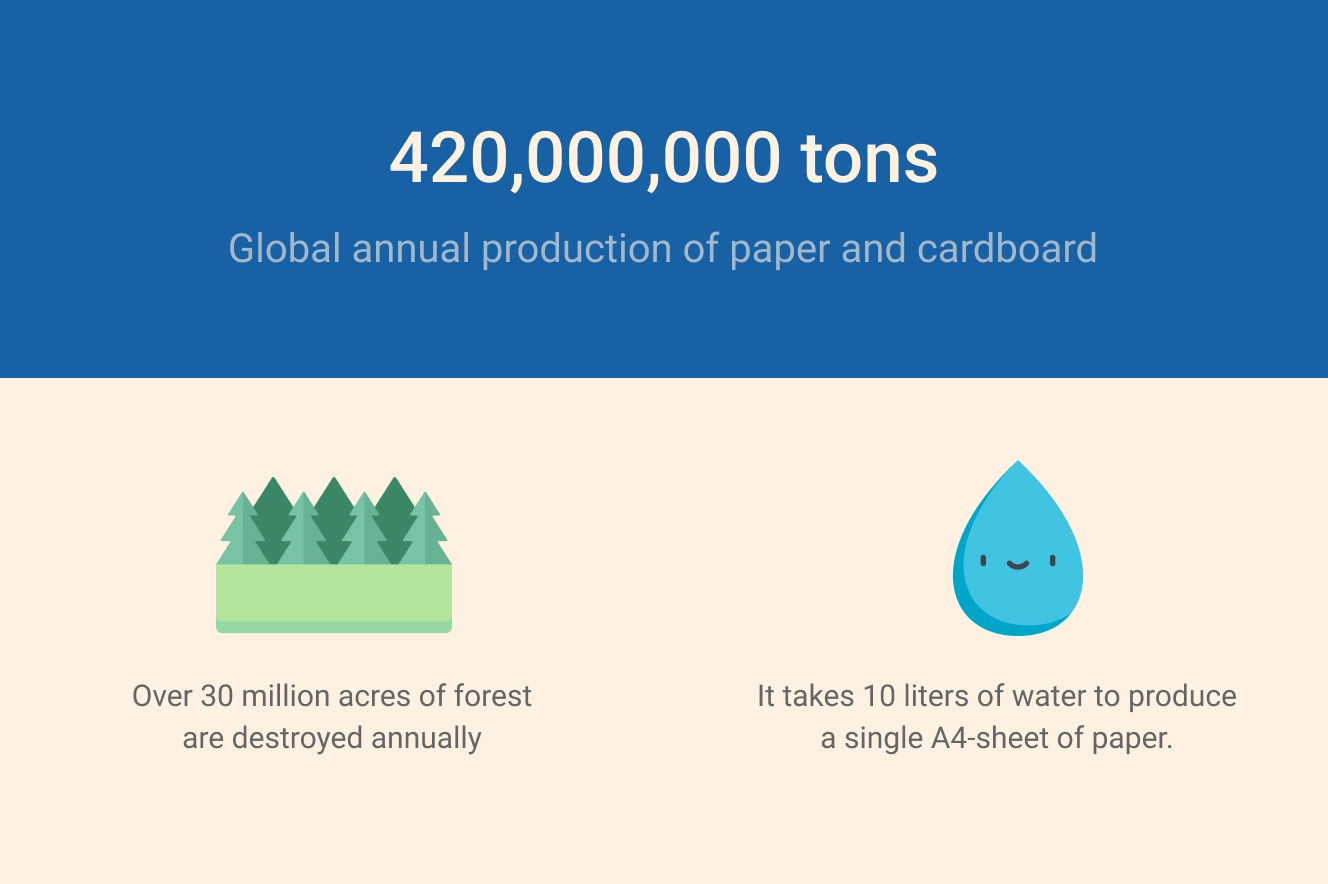
While it may not seem like we are using that much paper, it all adds up. Every time we print out an A4 sheet for our car insurance, we use over two gallons of fresh water. There is only 3% of fresh water left on our planet. That scarcity is poised to become one of the most urgent health crises of our time which is already manifesting itself in developing countries such as Somalia where locals need to walk for miles on end to reach a well that provides them with clean drinking water. While we may not be currently seeing the astounding damage done to our planet due to paper production, we will feel it sooner or later.
We have been engaged in a perpetual game of tag for years
As the economy grows, we need more paper to accommodate our needs, be it printing out forms to start our own businesses or contracts to hire employees.
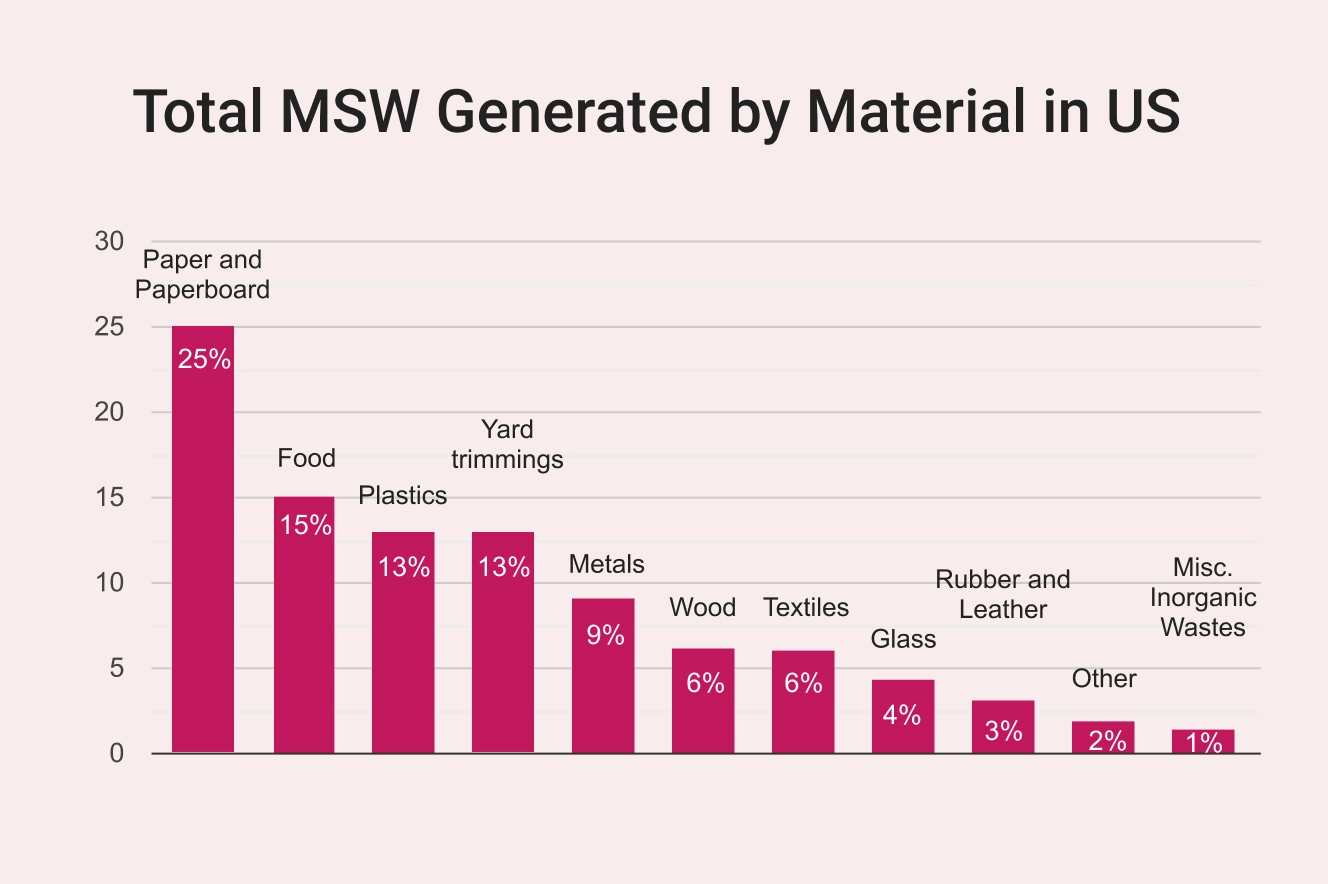
The top three paper-producing countries in the world right now are:
- China at 99,300,000 tons per year
- The United States at 75,083,000
- Japan at 26,627,000.
This level of consumption is anything but sustainable. Now, you may think, “Wait, but don’t we recycle?” Yes, recycling has greatly helped minimize the damage caused by paper production but it’s simply not enough. Even though 33% of the paper we consume comes from recycled materials, the process takes a long time and still, only less than half of the world’s population makes the effort to recycle.
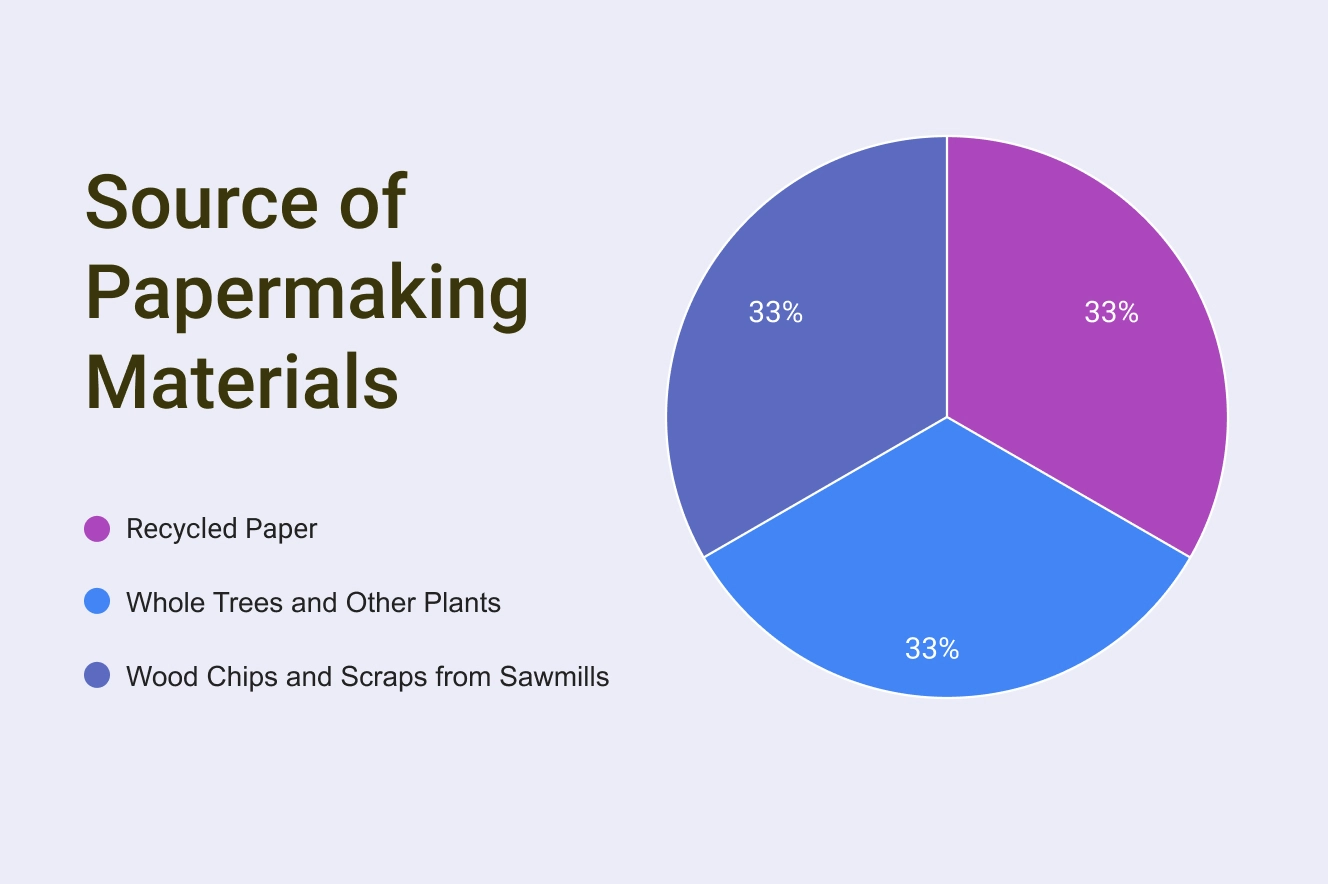
But what if we could do better starting now?
What if you could make a difference?
If you reduce your paper use, you’ll help save the world
Thanks to the rapid development of technology and the global connection between countries, more and more people are opting to reduce their use of paper with the hope of going completely paperless in the next decades.
Businesses from finance to retail are choosing to shift to digital forms that completely eliminate the need to print paper. Not only is it responsible to go paperless, but imagine how easy it is to send a form from New York to Berlin in a matter of seconds and know that your work is done.
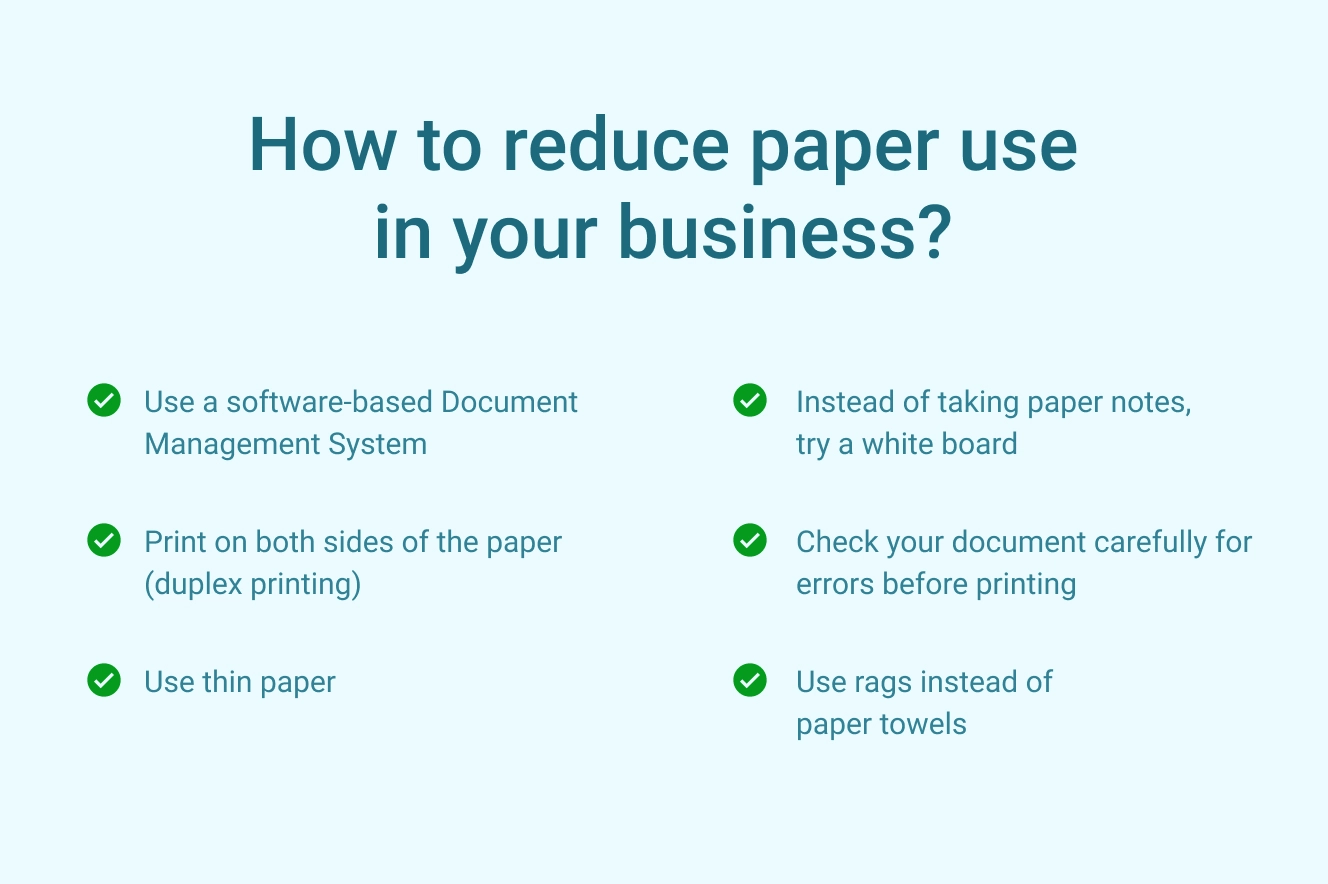
Switching to online documents is quick and easy
Reducing your paper use and opting to use online documents instead will not only help take care of the planet but will save you hundreds of hours of time.
What if you didn’t have to go buy paper and printer ink every year while doing your taxes? What if your landlord could shoot you an email with the rental contract that you could simply sign online and send back within seconds?
The forms that we most use in our daily lives boil down to a few key categories:
- rent
- vehicles
- finance
- education
- health.
The good news is that there are resources dedicated to providing high-quality forms and legal documents 100% digitally. Here’s how it works.
Using online documents and forms whenever possible is a convenient and eco-friendly alternative
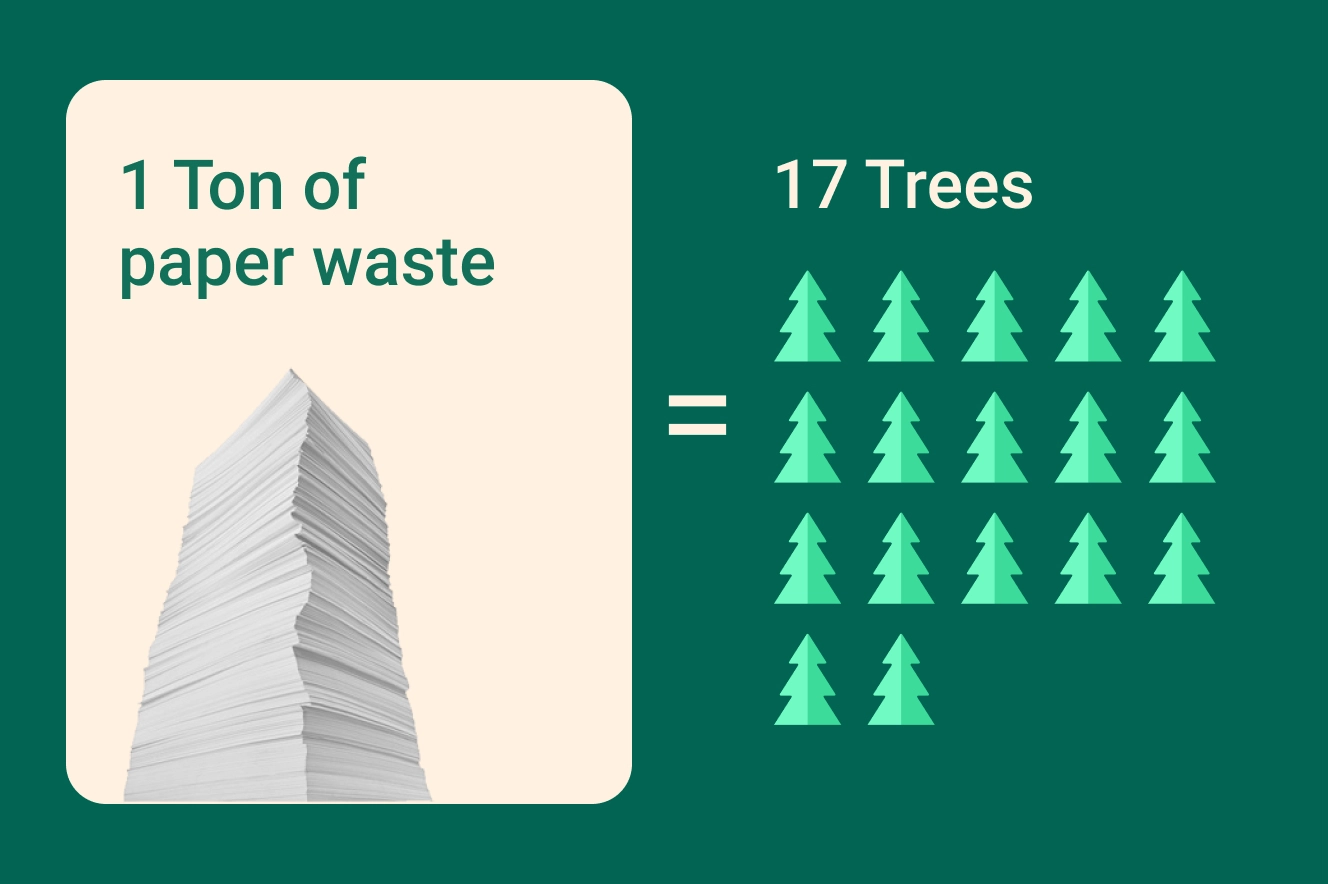
The world is slowly becoming more digital, allowing for online forms to replace the original paper-consuming version. This is a work in progress, so in some cases, such as a last will form of inheritance or a health care directive, you may still be required to print out the form.
That said, switching to online documents whenever possible will help greatly reduce waste and save you a great deal of time. In most cases, online forms and documents are virtually the same as the real thing. The only difference lies in their format. Online forms are quick and easy to access and take mere minutes to fill out, sign, and return. The legal documents that you find online on platforms such as FP are just as legitimate and binding as their paper alternatives.
Besides helping the environment, online forms can also play a role in environmental affairs. Here are some of the PDF forms related to the ecology and environment:
- Form 65 Asbestos: A form that identifies asbestos-containing materials and outlines the steps that will be taken to remove or encapsulate them.
- Material Safety Sheet: A sheet that lists the hazardous materials used in the construction process and the safety precautions that need to be taken.
- Lead Base Paint Form: A form that must be given to a new homeowner or tenant which discloses the presence of lead-based paint on the premises.
- Certification Pollution Form: A form that certifies that the construction site will not pollute the environment.
- MPCA Compliance Inspection Form: A form that certifies that the construction site is in compliance with the Minnesota Pollution Control Agency’s regulations.
What you need to know about electronic signatures and authentication
If you’re signing a document online, is that as binding as the paper alternative? In short, yes.
Any time you use an online document, you validate the agreement in one of two ways—with your electronic or digital signature.
The electronic, or “e-signature” acknowledges that you have reviewed and agreed to the document’s statement. Electronic signatures use online methods of user authentication such as email, corporate ID, password, or PIN verification sent to your phone. You would sign an electronic document on your screen in the indicated field, just as you would a paper form.
The digital signature has the same purpose. A digital signature is a certificate from a trusted service provider (TSP) that guarantees the authentication of your identity. A digital certificate is bound to your signature and used to prove that you’ve accepted the terms and conditions of the online document.
Online documents are user-friendly. You can find detailed and easy-to-digest instructions on how to fill them out, so you don’t have to worry about getting lost in legal jargon.
The beauty of the digital space is that it provides solutions immediately, so you don’t have to think about wasting another 500 pounds of paper this year.
FormsPal and Students – find out how FormsPal supports students.